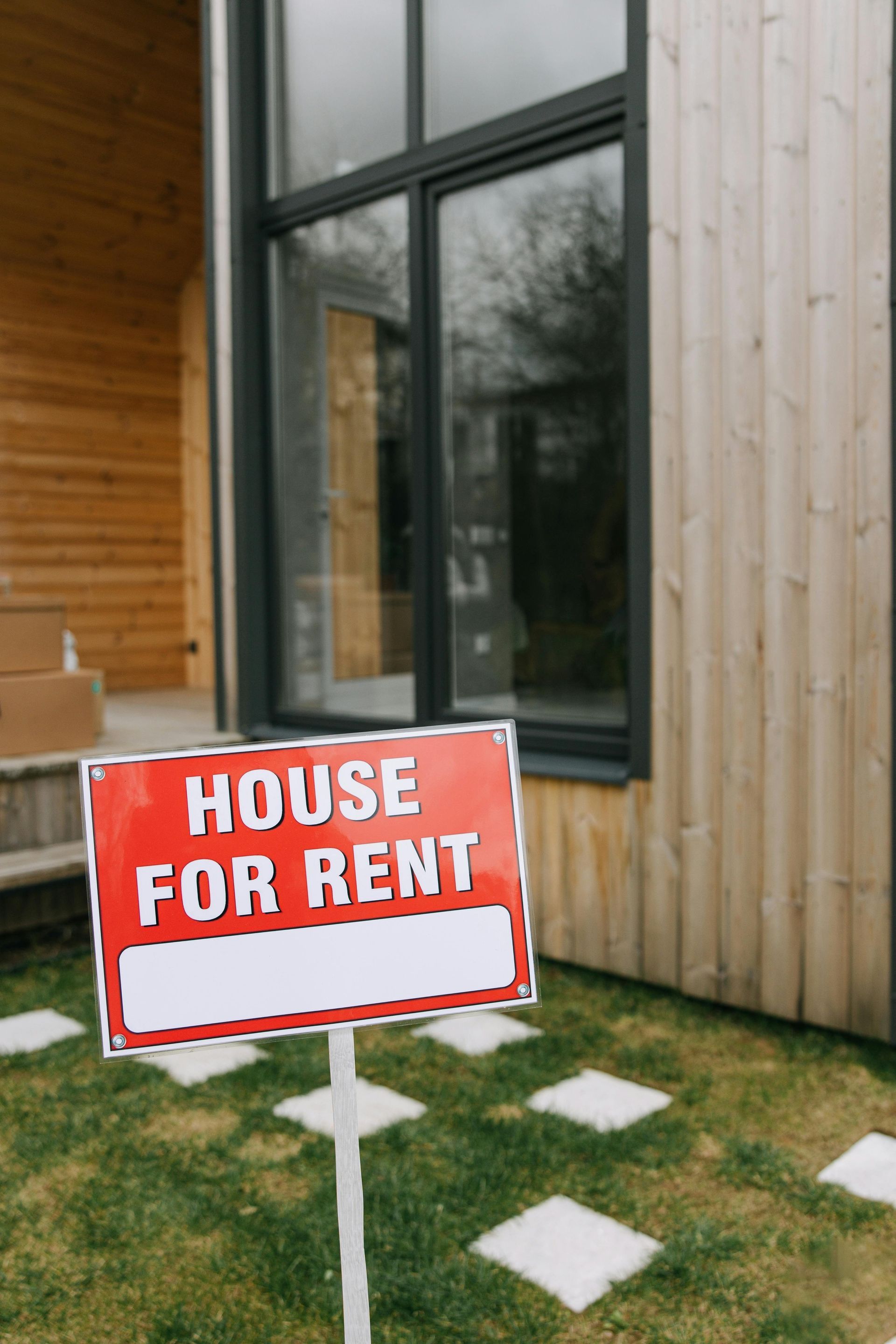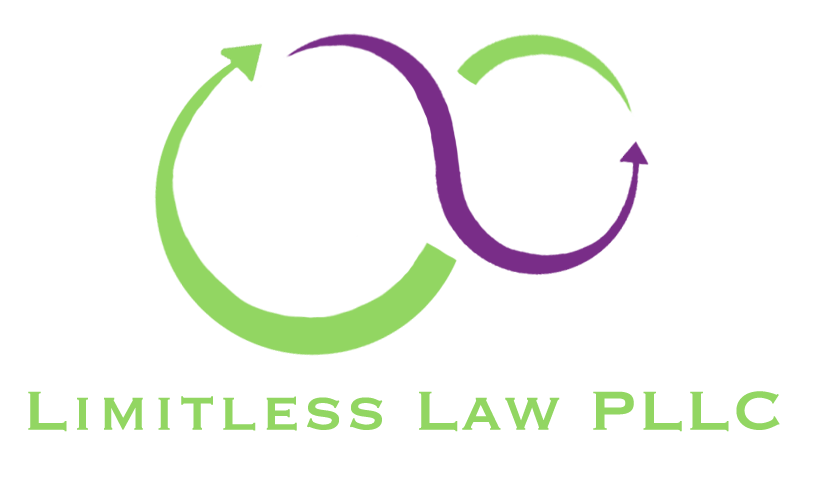Washington State's New Rent Control Law (HB 1217)
What Landlords Need to Know

Washington State has entered a new era of landlord-tenant relations with Governor Bob Ferguson's recent signing of House Bill 1217 (HB 1217) into law. This landmark legislation, which became law as of May 7, 2025, introduces statewide rent control measures, significantly impacting both property owners and renters across the state.
As a law firm dedicated to helping our clients navigate complex legal landscapes, we want to share some information to help you understand the key provisions of this new law and what it could mean for you.
What Does HB 1217 Do?
At its core, HB 1217 aims to stabilize housing costs and prevent sudden, drastic rent increases for existing tenants. Here's a breakdown of its most critical components:
- Annual Rent Increase Cap: For most residential tenancies, landlords are now limited in how much they can increase rent annually. The cap is set at 7% plus the Consumer Price Index (CPI) or 10%, whichever is less, in any 12-month period.
- Important Note: The Washington Department of Commerce will publish the maximum allowable increase annually on June 1st, using the June 12-month percent change in the CPI for All Urban Consumers (Seattle area).
- For manufactured and mobile homes, the rent cap is lower, at 5%.
- First-Year Rent Freeze: Landlords are now prohibited from increasing rent during the first 12 months of any tenancy, regardless of whether it's month-to-month or a fixed term. However, landlords can still set the initial rent for new tenants at any amount.
- Increased Notice Requirements: Landlords must now provide tenants with at least 90 days' written notice before implementing any rent increase. This is an increase from the previous 60-day requirement. The law also specifies the exact language landlords must use in these notices.
- Rental Parity for Lease Types: HB 1217 requires landlords to offer rental parity between different lease types for the same dwelling unit. This means a landlord cannot charge more than a 5% difference in rent based on whether the lease is month-to-month or for a fixed term.
- Tenant Remedies for Unlawful Increases: If a landlord implements an unlawful rent increase, tenants have new avenues for recourse. They must first provide the landlord with a written demand to reduce the increase to a compliant amount. Additionally, tenants may terminate their rental agreement with at least 20 days' written notice if a rent increase exceeds the legal cap, without incurring lease break penalties.
- Enforcement and Penalties: The Washington Attorney General is authorized to enforce the provisions of HB 1217 under the Consumer Protection Act. Tenants are also granted a private cause of action to seek damages, including actual damages, up to three months' rent, and attorneys' fees, if their rights under the bill are violated. The Attorney General can recover up to $7,500 per violation.
- Exemptions: Not all rental properties are subject to these new limitations. Key exemptions include:
- New construction, for a period of 12 years following the issuance of the first certificate of occupancy.
- Owner-occupied units in duplexes, triplexes, and fourplexes where the owner resides onsite at tenancy inception and continues to live there.
- Nonprofit-owned properties.
- Rental adjustments after a tenant vacates a dwelling unit are not subject to the caps.
What This Means for Landlords:
- Immediate Action Required: Given the immediate effective date, landlords must swiftly review and update their lease agreements, rent increase policies, and notice procedures to ensure full compliance with HB 1217.
- Careful Planning of Rent Increases: The new caps and notice requirements necessitate more strategic and long-term planning for rent adjustments.
- Understanding Exemptions: If you believe your property qualifies for an exemption, ensure you understand the specific requirements for claiming it as outlined in the bill.
- Risk of Litigation: Non-compliance can lead to significant legal and financial consequences, including civil actions by tenants and enforcement by the Attorney General.
A New Landscape for Washington's Rental Market
House Bill 1217 represents a significant shift in Washington's approach to housing affordability. While proponents argue it will provide much-needed stability for renters, critics express concerns about its potential impact on housing supply and investment.
Regardless of your perspective on this new law, the law is now in effect, and compliance is paramount. Our firm is here to help landlords navigate these new regulations. If you have questions about how HB 1217 impacts your specific situation, please do not hesitate to contact us to schedule your strategy session with our attorney. Call 360-685-0145 or click here to learn more.
This blog post is for informational purposes only and does not constitute legal advice. If you have questions about your own legal rights and options, please contact the knowledgeable team at Limitless Law PLLC to schedule a strategy session with our attorney. Call 360-685-0145 or click here to learn more.






